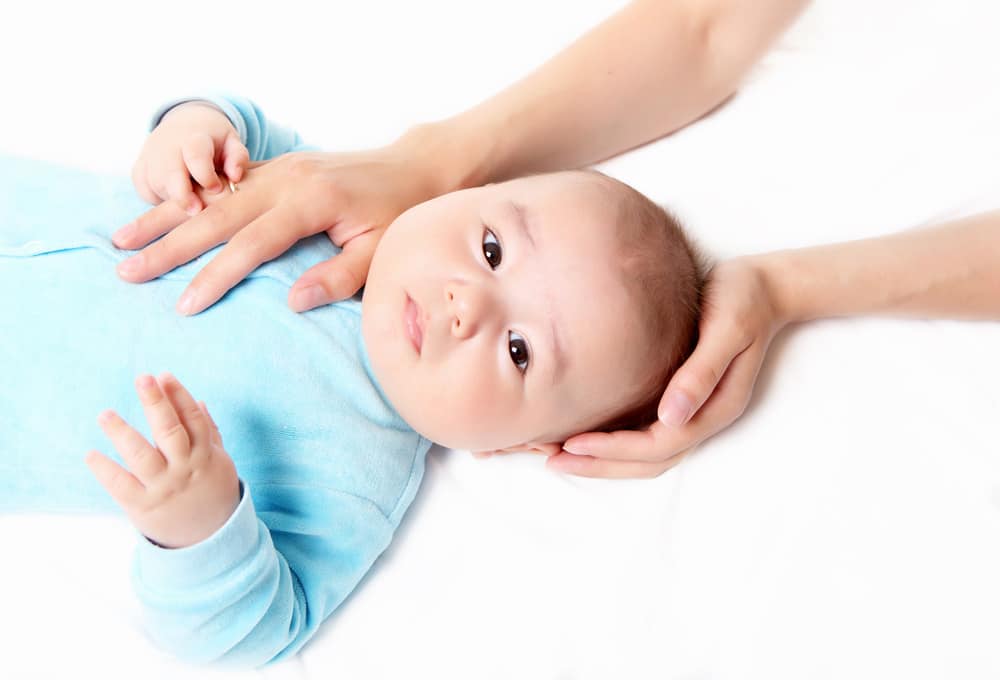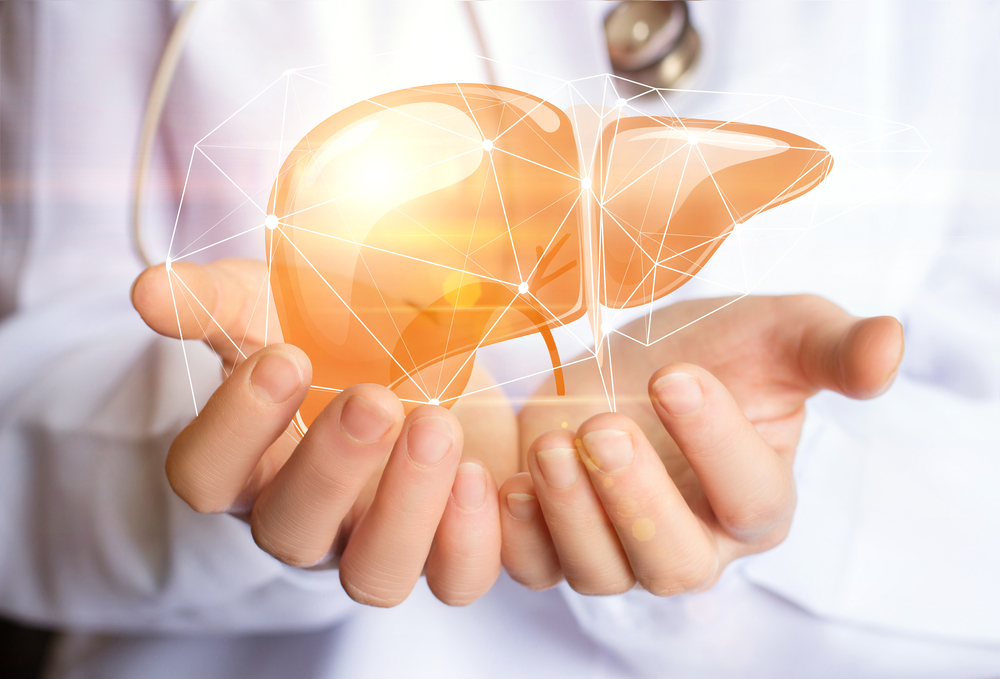Contents:
- Medical Video: How Childhood Trauma Can Make You A Sick Adult
- What are the causes of gay in humans?
- Childhood trauma
- Siblings
- Brain shape
- Genetics
- Maternal pregnancy hormone
Medical Video: How Childhood Trauma Can Make You A Sick Adult
Sexual orientation is the sexual attachment between one human being to another human being who is of the same sex (homosexual) or the opposite sex (heterosexual). Usually, children do not realize that they are same-sex lovers at the age of 20 or 30 years (Garnets & Kimmel, 1990; Hammack, 2005).
Interestingly, sexual attraction to species is no longer a new phenomenon in the animal kingdom. Grizzly bears, gorillas, monkeys, flamingos, owls, penguins, and many other types of animals have a tendency to like same-sex. About 6-10% of ram species show sexual attraction to other rams (Perkins & Filtzgerald, 1997).
The origin of the causes of gays and lesbians (and other sexual orientations between them), both in humans and animals is still a heated debate in the world of modern science. Is homosexuality really influenced by association, or is it derived from birth?
What are the causes of gay in humans?
Many studies have reported that sexual orientation (including homosexuality) has been more or less determined since the womb, thanks to a special genetic code that distinguishes homosexuals from heterosexuals, namely Xq28.
Then the question arises, whether other biological factors - from the structure of the brain, trauma, to hormones - can also influence the tendency of one's homosexuality?
Childhood trauma
There is one study conducted at the Kinsey Institute to one thousand same-sex enthusiasts and 500 people to the opposite sex enthusiasts. This study looked at psychological conditions that might influence whether a person is a homosexual lover or a homosexual lover, such as parent-child relationships, childhood sexual experiences, relationships with peers, and dating experiences.
The results state that same-sex enthusiasts experience one or more of the following three traumatic situations: Those who claim to be gay / lesbiannot more loved by his mother, abandoned by his father, and / or at least once experienced sexual violence compared to those of the opposite sex (Bell et al., 1981; Hammersmith, 1982).
Siblings
Ray Blanchard in 1997 and 2008 and Anthony Bogaert in 2003 produced a study stating that men who have older brothers tend to be same-sex lovers. The reasons for the gay causes of this study have not yet been found, but Blanchard states that this is related to the mother's immune system when carrying the child. Maternal antibodies that are stronger than the fetus "forbid" for the development of male behavior patterns in general. In line with this reason, only in accordance with brothers born in the same mother's womb.
Brain shape
There is similarity in brain shape Gay men and women, and similarities are also found in the brain structure of female women (lesbians) with men who like women. That similarity is one of the cell sizes in the hypothalamus that resides in the brain (LeVay, 1991). This research was conducted by Simon LeVay (1991), a scientist who likes same-sex, who wants to find answers to his sexual orientation.
But, there are still doubts about LeVay; what brain determines sexual orientation or vice versa? Another study conducted by Larkin et al (2002) and Roselli (2002, 2004) in sheep, stated that there were differences in the size of the hypothalamus in homosexual sheep and those without.
Genetics
One of the scientists' suspicions of gay causes in humans emerged from Xq28 unique genetic code. However, scientists have not been able to ensure that these genes are the main factor behind the origin of gay causes.
Interestingly, a pair of identical twins are more likely to be same-sex enthusiasts than in fraternal twins (Langstrom et al., 2008), which is why the gay genes may be true. But how can it be? Because in reality, people with homosexual orientation are unlikely to have direct offspring with same-sex partners. This was answered by a study conducted by Boclandt et al in 2006. The study stated that the lineage of mothers making gay genes last.
Maternal pregnancy hormone
Research in pregnant sheep injected with testosterone in a critical period of fetal development produces offspring of women who exhibit homosexual behavior (Money, 1987). In humans, being exposed to hormones in a female fetus to a female or male baby candidate will cause these prospective babies to be attracted to men in the future.












